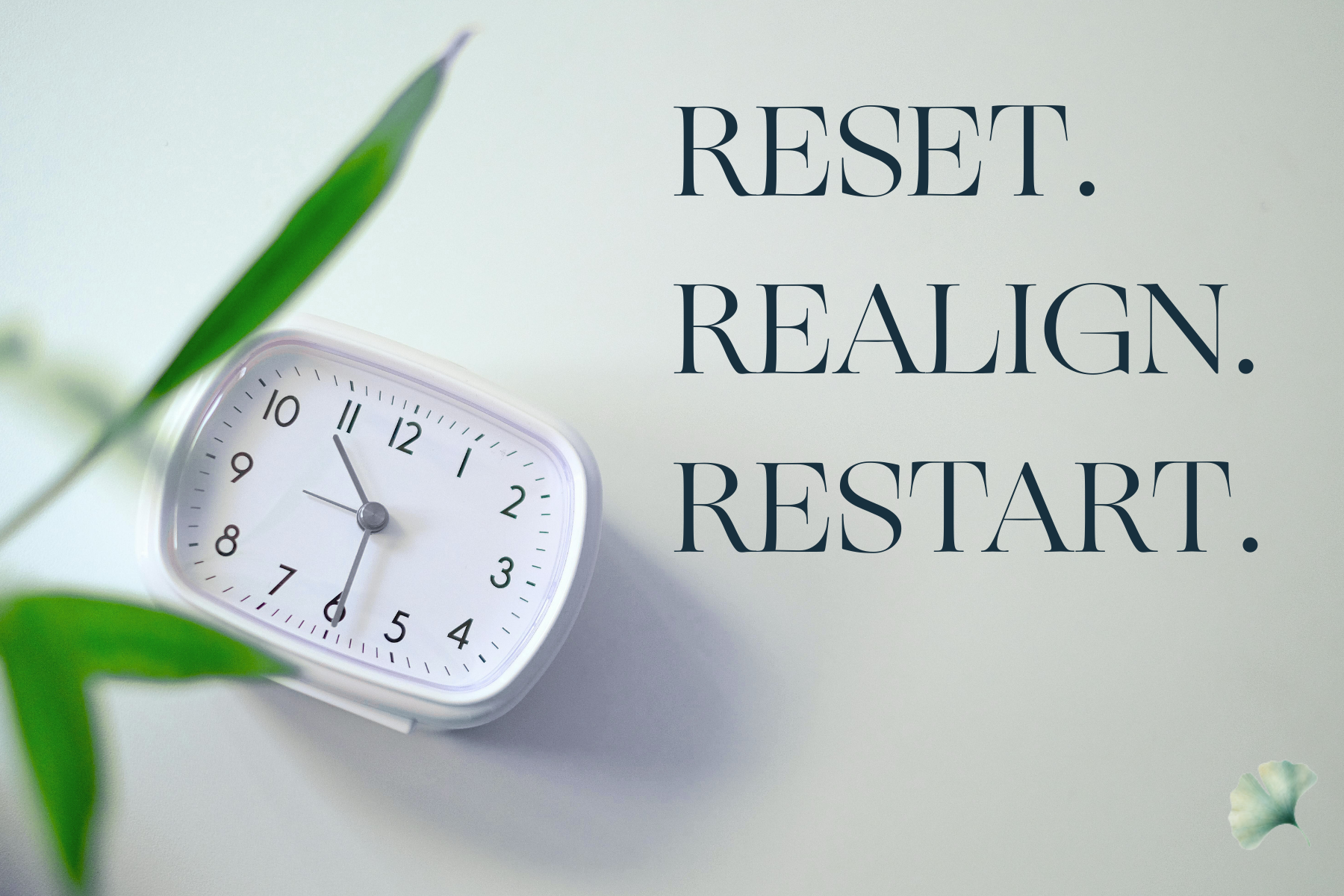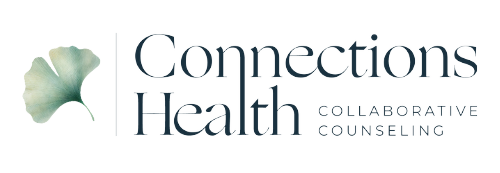Interviews can be challenging, especially when you feel the need to make a strong impression. The pressure to deliver perfect answers and be “impressive” can be overwhelming. At Connections Health, we understand that interviews can cause significant anxiety for many students and young professionals. Here, we offer insights on how to approach interviews in a way that highlights your true capabilities without the stress of needing to impress with every word.
Shift Your Focus: From Impressing to Engaging
A common misconception is that you need to impress your interviewer with everything you say. While it’s important to be articulate and confident, your main goal should be to engage with the interviewer and demonstrate how you can add value to the organization. Here’s how:
Preparation is Key
Research the Company: Understand the company’s mission, values, and recent achievements. This knowledge will allow you to understand how your interests and experiences truly align with the role and the company’s goals.
Know the Role: Be clear on the job description and how your skills and experience match the requirements. This will help you articulate why the role fits well with your interests, history and goals and therefore why you’re the perfect fit for the position.
Show, Don’t Just Tell
Provide Examples: Use specific examples from your past experiences to illustrate your skills and achievements. This shows what you’ve been able to demonstrate historically in other opportunities.
Share Your Process: Describe how you might approach a particular problem-solving and decision-making task that is relevant to the company or the role . This gives the interviewer insight into your thought process and work ethic.
Be Authentic
Be Yourself: Authenticity is compelling. Rather than trying to be what you think the interviewer wants, be genuine about who you are, what you think, and what you bring to the table.
Acknowledge Areas for Growth: If asked about your weaknesses or challenges, be honest. Show that you’re self-aware and committed to personal and professional growth.
Highlight Your Efforts
Show Initiative: Discuss instances where you demonstrated contributing to a project based on your unique ideas. This demonstrates your commitment and willingness to contribute beyond the basic requirements.
Prepare a Portfolio: If applicable, bring a portfolio of your work to the interview. This can include projects, presentations, or any work that showcases your skills and accomplishments.
Mind Your Body Language
Positive Body Language: Allow yourself to tap into your enthusiasm for the position and your interest in the people you are interviewing with. Being aware of your positive emotions and energy will translate into non-verbal cues that convey confidence and professionalism.
Active Listening: Be willing to naturally show that you’re engaged and interested in the conversation by using body language to signal agreement and in order to be able to respond thoughtfully to the interviewer’s questions.
Focus on Process Over Outcome
Research shows that we perform best when we concentrate on the content of the interview and the process itself, rather than on the abstract goal of impressing someone. This principle is evident in many fields, including sports, where Olympic gold medalists achieve success by focusing on their actions rather than on the outcome of winning a medal. By concentrating on the process, you reduce pressure and enhance your performance.
In Conclusion
The goal of an interview is not to “wow” but to provide a clear picture of your interest in the company and the role and how this genuinely fits with your abilities and potential. By focusing on preparation, active listening, and demonstrating your skills through examples and meaningful engagement, you can create a positive impression without the added pressure. At Connections Health, we support you in your professional journey. If interview anxiety is holding you back, consider speaking with one of our therapists who specializes in strategies to use for overcoming anxiety for personal and professional development.
We hope these insights help you approach your next interview with confidence and calm. For more personalized support, don’t hesitate to reach out to us at Connections Health. We support you by making your professional success our priority too.
Related Articles
Attending college is a time of self-discovery, growth, and new experiences. But for many, the transition comes with emotional and psychological challenges - ones that can quietly build beneath the surface. One of the most common and misunderstood among them is depression. In a 2021–2022 survey of over 130 U.S. college campuses, 44% of students [...]
“To love ourselves and support each other in the process of becoming real is perhaps the greatest single act of daring greatly.” — Brené Brown, Daring Greatly We live in a world that values momentum, output, and progress. But healing and personal growth don’t always follow a straight path or a set timeline. If you’re [...]
Self-compassion is an element of the foundation of emotional well-being. It allows you to move through life with greater resilience, confidence, and kindness toward others and yourself. Yet, developing self-compassion isn’t something that happens automatically; it’s a practice intentionally cultivated over time. At Connections Health, we guide clients in building self-compassion as an ongoing, meaningful part [...]






